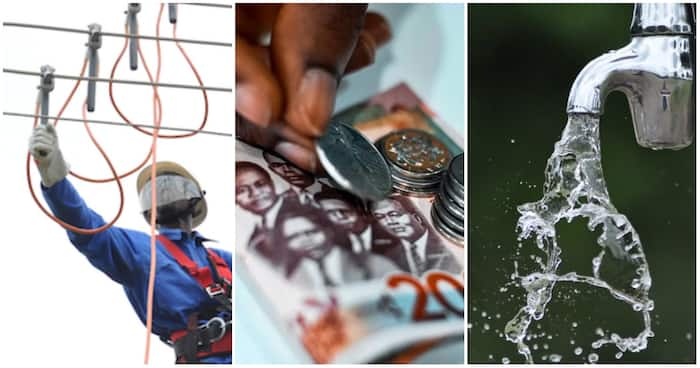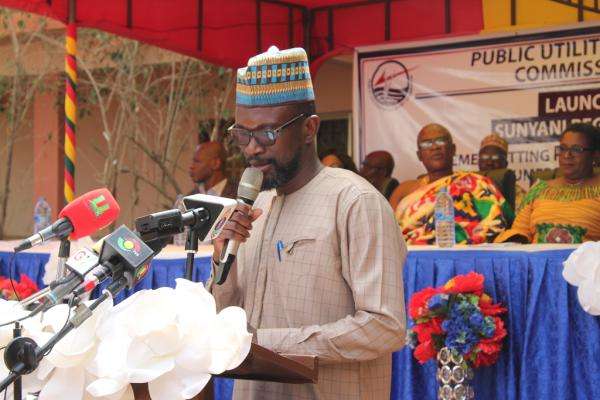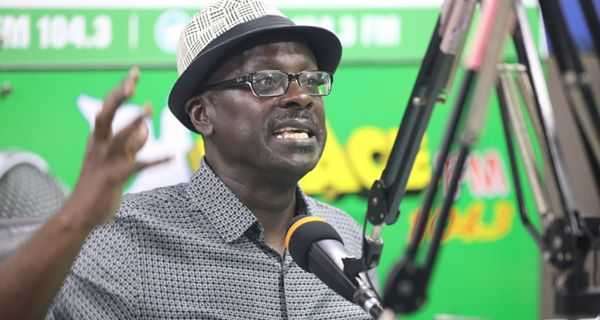Regional Operation Director of the Public Utility Regulatory Commission (PURC), Alhaji Jabaru Abukari, has revealed that there is a possibility of reduction in utility tariffs in the country.
According to him, the reduction will depend on the decline in inflation, appreciation of the cedi and other variables. This, he explained, will inform the decision of the Commission to reduce it or not.
“So, depending on where the economic indicators are going, there is a possibility that we could have a reduction in tariffs. There are indicators and parameters we are using [and] we don’t work in isolation. If everything had remained constant, maybe the inflation, exchange rate [reduced] and hydro had increased, we would have seen some decrease because hydro allocation has gone up. So, there’re a lot of possibility that if the cedi appreciates or the inflation comes down, there is a possibility that we might have a reduction and it has happened [before].”
Alhaji Jabaru Abukari
Mr Abukari stated that it’s imperative for consumers not to look at tariff adjustments as just increase only. He noted that the Commission has its own guidelines and operational manuals that guides its decision-making process.
“So, as a Commission, they don’t also just get up and increase or decrease [tariffs]. There are some situations where there might be changes in the rates, but consumers might not know, they will just see a no change but in between the value chain, maybe Bulk Generation Tariff (BDT) would have reduced or increased… So, if somebody has made more than what he was supposed to make, it will be given back to the system to where there is a shortage.”
Alhaji Jabaru Abukari
Mr Abukari highlighted that there are a lot of things that happens within the value chain that mostly the end-user might not notice. As such, the end-user always feels it when there is a change at the end-user rate and that is where there’s a tendency for consumers to complain.
Increment of utility tariffs
Commenting on utility providers proposal of some 148% increment in tariffs last year against a lesser on implemented by PURC, Mr Abukari stated that these providers are just businesspeople or any other person running a commercial business. He noted that the profit-oriented nature of the providers sometimes endears them to focus on projections intended to make more money.
“What normally will happen is that they will use market race. If they are doing their projections, they do their projections based on the rate at which they get their goods and commodities and when they submit these proposals to the Commission, the Commission will now through its own various checks, do independent verifications and data using state agencies.”
Alhaji Jabaru Abukari
Mr Abukari stated that unlike utility providers, the PURC does not use the exchange rate that is quoted by the forex bureaus, but rather prefers the reliable rates offered by the Bank of Ghana. Additionally, he highlighted that the Commission also makes use of historic data and projections which makes its increment less as opposed to utility providers.

“Then also, there were some projections that were made by the utilities on-lend loans and government had to take a decision to take the on-lend loans. Government had taken the loans and asked them to pay so, as part of the consultation, we always will consult the various stakeholders. So, if you want it to be passed to consumers, looking at the economic situations, will you want Ghanaians to pay? I think government held on to the on-lend loans, so it was one of the issues.”
Alhaji Jabaru Abukari
READ ALSO: Government Committed To Building Resilient Mining Sector– Deputy Lands Minister





















